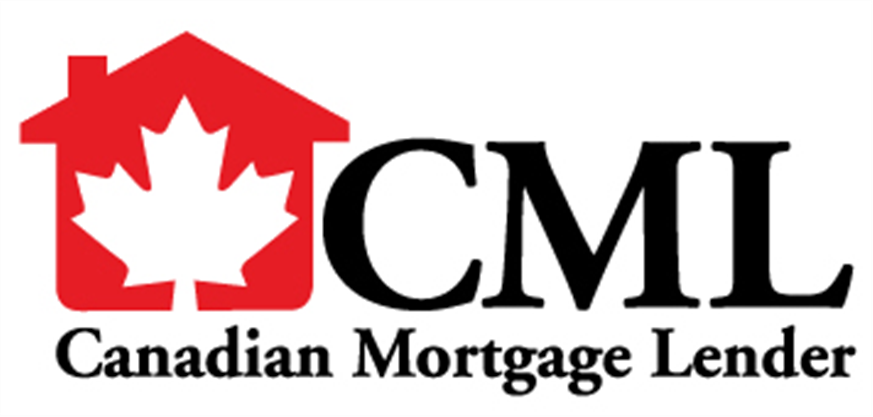
Chris Stewart
BROWSE
PARTNERSTerm vs Amortization
10/4/2023
Most people are aware of what is meant by "Term" and "Amortization" when dealing with a mortgage but for those that may not know or may not truly understand the differences or maximums allowed, here is an overview of both.
Mortgage Term
The length of time a mortgage contract is written and in effect. Within the contract there are many important items such as interest rate and product type that will be in place for the time period of the agreed upon term. Mortgage terms generally range from a couple of months to five years and at times, even up to ten years. At the end of the term, the mortgage contract will mature and will need to be renegotiated. If the mortgage contract is broken within the term, there is generally a penalty that is charged which is calculated based on a formula outlined within the contract. The most common term in Canada is 5 years whether its a fixed or variable mortgage.
Mortgage Amortization
The length of time it takes to pay out the mortgage in full provided there are no extra payments made on the mortgage during that time period. If the mortgage is deemed a high ratio (less than 20% property equity) the mortgage must be insured and can carry a maximum amortization of 25 years. If the mortgage is deemed conventional (20% or more property equity), an amortization up to 35 years could be obtained through a lender offering this program and when taken, generally comes with a rate premium added to the term's interest rate.
The amortization applied to the mortgage assists in calculating the actual mortgage payment that involves both a principal and interest amount, known as "PI". An extended amortization will lower the monthly payment




























